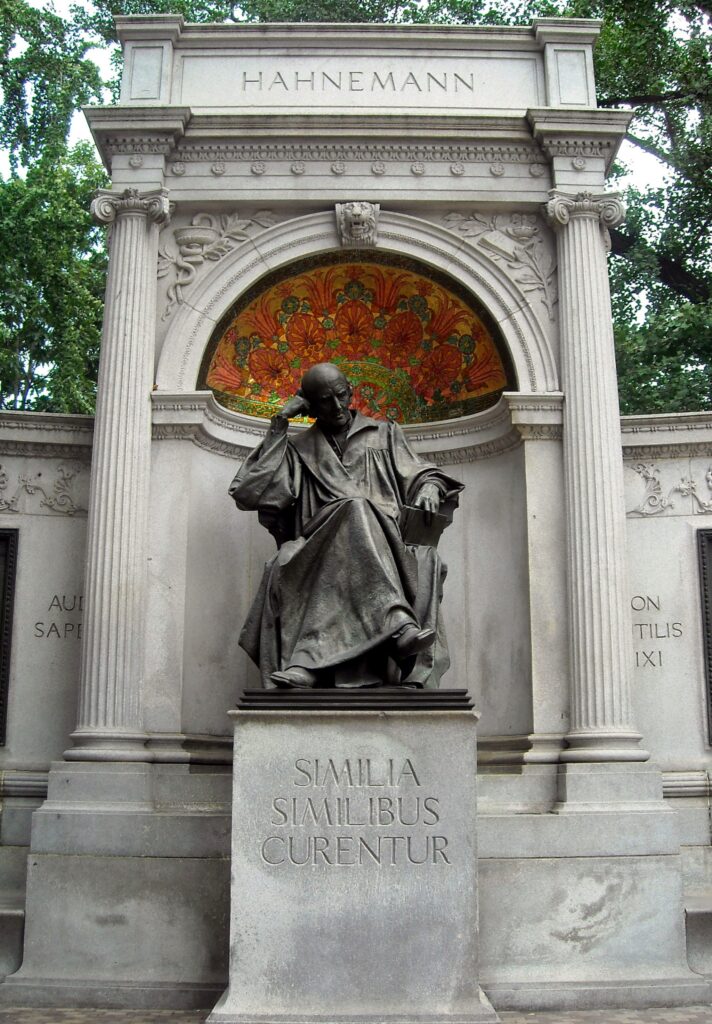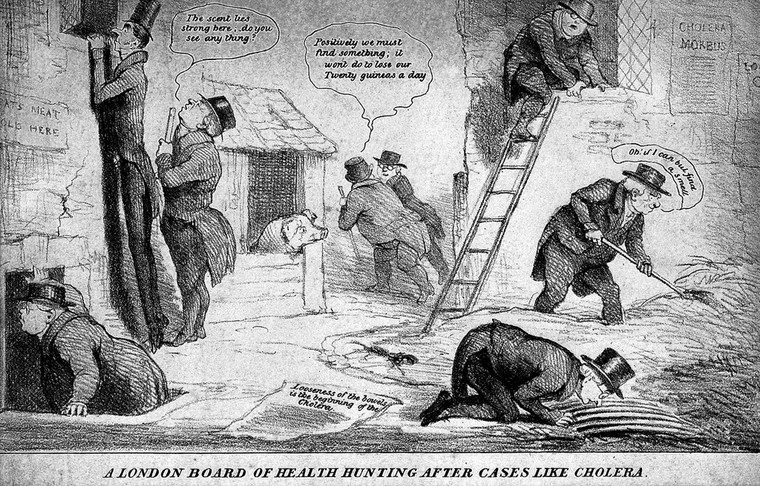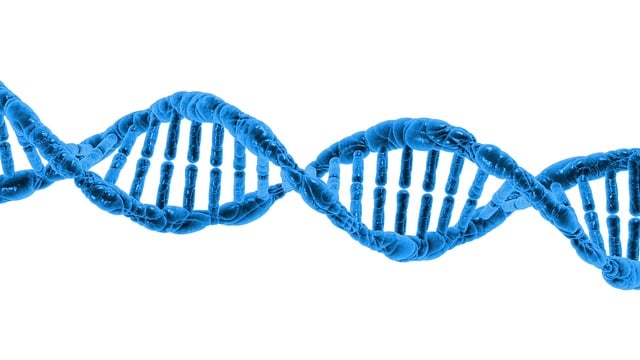I happen to be a school governor, and on occasion I have to sit on a panel considering whether or not to exclude a child from school for behavioural reasons. Those meetings always get me thinking of homeopathy and mental health.
Without going into inappropriate detail, I recall one case where the child concerned was both disruptive in class and suffered from anxiety. Clearly a mental health issue at the core. Although it is something all schools try to avoid, there really no option but to approve the exclusion. And then we all hope that in due course CAMHS (Children and Adolescent Mental Health Service) will turn things around.
Wearing my homeopathic hat, I saw a different perspective, though as a governor I had to act in accordance with my role and keep my thoughts to myself. That perspective is the general subject of this blog.
Shortly it will be Halloween or the eve of All Saints Day. It marks the end of the summer and has an association with the boundary between the living and the dead, hence ghosts etc. There is a nice explanation of the origins of halloween here https://www.history.com/topics/halloween/history-of-halloween
I lived in Belgium for a while and I recall the churchyards full of flowers – mostly chrysathemums – at this time. And of course there are the traditions of childhood, the pumpkin laterns, ghosts and so on. Here is a photo from my garden of this year’s crop.

Not much to do with the topic of this blog, you might think. Well, quite.
Yet, Homeopathy uniquely recognises what might be described as ‘ghosts in our cupboards’. Homeopathy and mental health are not strangers.

I introduced you before to Dr Samuel Hahnemann (1755 – 1843), the German physician who set down the principles of homeopathy. For the most part he put a structure to a theory that stretched back into antiquity, that of like cures like, or the law of similars.
However, his real genius was to come up with the concept of the ‘miasm’ (from the Ancient Greek word for ‘pollution’).
If you look up the word ‘miasma’ in a dictionary it has the traditional meaning of some invisible and unpleasant vapour that caused sickness. A sort of smog.
Today we know that the cause was more likely to be contaminated water supplies.
Here is the famous story of Dr John Snow and cholera in London and an amusing cartoon courtesy of the Wellcome Collection (creative commons license).

But this was not what Hahnemann meant by the word ‘Miasm’, rather it was something in our inheritance that impeded cure. We are after all the product of our parents, grand-parents, great-grand-parents and beyond … reaching back into history.
Hahnemann’s genius was to touch on epigenetics. Factors that change how your genes are expressed. It is frontier science today and you can find out more here.
This was Hahnemann’s ‘light bulb’ moment.

To give an example, tuberculosis or TB was a disease that was once rife causing death in a quarter of the adult population in the 19th century. It is not much remembered today although antibiotic resistant strains are on the rise again.
Although the rise of TB post dated Hahnemann’s life, his observation was that epidemic / endemic diseases like TB can leave a taint (the miasm) on the genetic code that passes down the generations. This is quite different from the original disease.
This taint expresses itself in our make-up; both mental and physical. It can underly our disease picture especially in chronic long term conditions. If for example you are prone to chest infections or asthma it could be that you are ‘tubercular’ epigenetically speaking.

But the influence goes beyond the physical. Tubercular types can be restless, dissatisfied and always seeking pastures new (‘the grass is greener on the other side’). There may be fear of dogs and cats especially in children, who might also be inclined to destructiveness and head banging (in toddlers).
Homeopathy can address this; in a sense it retunes the body.
Homeopathy – distilled down – is about restoring harmony.
Yes, Homeopathy can help with minor ailments at a superficial level, but deep homeopathy starts a healing process and is much more profound.
The pace of change depends to some extent on how long the condition has been present and it does necessitate some commitment. Hence the term ‘patient’!
Homeopathy is not a pill for every ill, nor a quick fix.
If this article about homeopathy and mental health has interested you – please share it with others.
And if you think homeopathy might help you, do take the opportunity of a free discovery call to find out more.